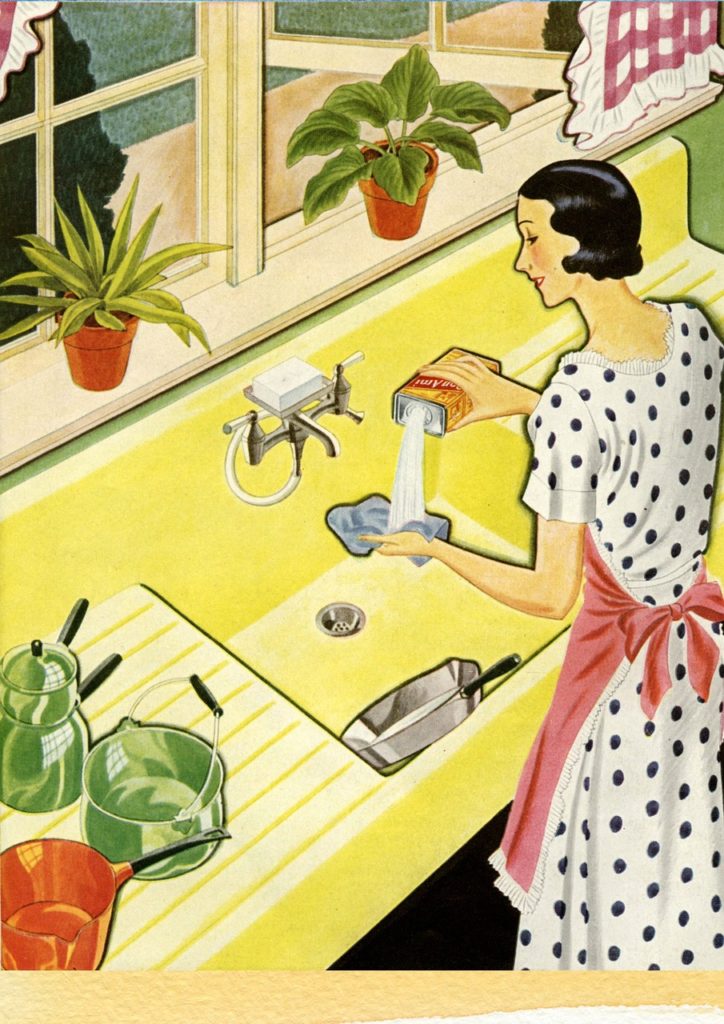A few years ago a woman wrote to me out of the blue. She had been reading this blog and saw me as a woman who “got” it.
What did I get?
The right for women invest in their own life and not put a husband’s needs and wants over hers. 
A successful business-
woman in Manhattan, she observed that successful men are looking for what she called a “mom-
ployee” — a woman who’ll take care of all the home needs — just like Mom — as well as his physical and emotional needs.
She wasn’t interested in that and neither am I — now. I did that in my two marriages, especially the second because we had kids, but I’m pretty much done with that kind of life. I want a little more balance with a partner, and a lot more freedom.
I was reminded of her email when I read an interesting take on Moira Weigel’s book, Labor of Love, which I wrote about last week. Weigel was interviewed by Laurie Penny in the New Statesman and Penny brings up the concept of women’s emotional labor — all the work women do to keep love, marriage and the family going smoothly.
Doing the work of marriage
If marriage is “work” — and we are constantly told it is — society seems to expect women to do the bulk of it. We get to do the chores and the childcare as well as the emotional caretaking that is typically unseen or at least undervalued — the planning, organizing, and structuring of family life. And that’s exhausting.
As Penny writes:
Romantic love can be work, and so can domestic work, childcare, all of it — and the fact that we call so much of it “love” makes the that work invisible. … We have to remember that the work that is done within love and family scenarios, mainly by women, is work that has real, measurable value, work without which capitalism could not continue to exist. And the historical marginalisation of women has been about managing and ensuring the unstinting supply of that work, for free, for a long time. Changing the labour of love will involve changing those conditions — and it will take a lot of imaginative work.
That really struck me. Is domestic work and caregiving “love”? If you removed domestic work and/or caregiving from a romantic partnership, would you still have love?
Well, of course.
Couples who are well off financially typically outsource such work — chefs, personal assistants, nannies and housecleaners.
Romantic couples who live together tend to be more egalitarian when it comes to chores — sorta. Same with same-sex couples. And ditto for childfree couples. They love each other. They don’t have childrearing to worry about, but hey, the house still needs to be clean. According to some recent studies, childfree couples split the household work pretty equally. I like that. And while childfree couples may not have to look after kids, they still need to look after each other and, increasingly, elderly parents. No one, as they say, gets out of here alive.
Escaping gendered expectations
So if those couples can escape gendered expectations when it comes to free domestic labor masquerading as “love,” then why can’t hetero couples and those of us with kids? Why should the hard work that — typically — women do to keep a family going fall under the requirements of “love”? Certainly we can — and do — love others without being expected to do all the dirty work.
To be fair to the breadwinners, traditionally men, wouldn’t breadwinning also be a type of caregiving under the guise of “love”? Absolutely, although there’s a difference. Breadwinning — having a career, being successful in a career, making a good income — is respected. Childrearing and housecleaning? Not so much. It’s just what people — typically women — do. For “love.”
As Penny says, changing that is going to take a lot of imaginative work. Any ideas?
Want to an egalitarian marriage? Order “The New I Do: Reshaping Marriage for Skeptics, Realists and Rebels” on Amazon, and follow The New I Do on Twitter and Facebook.

















So if you feminists are so hell-bent on men doing more housework then don’t bug us, nag us, or try to shame us into to marrying you or living with you. Get your own damn place and quit complaining!